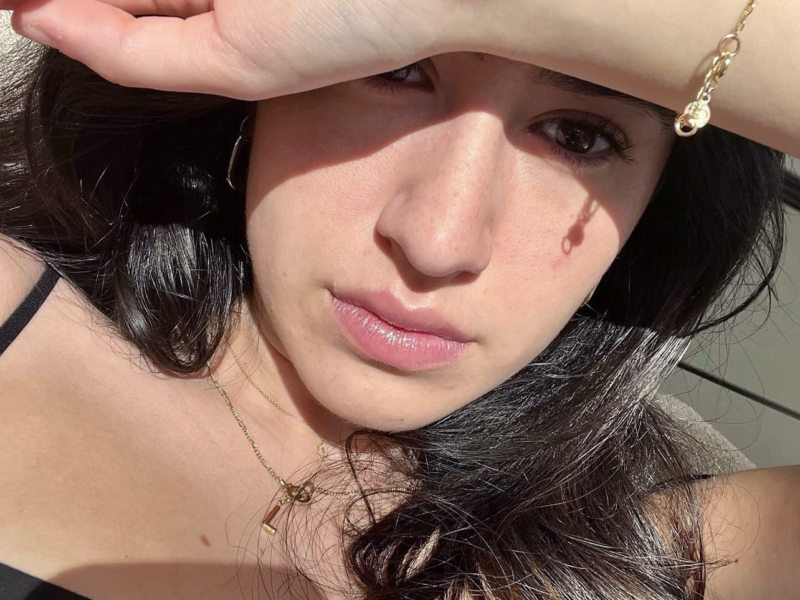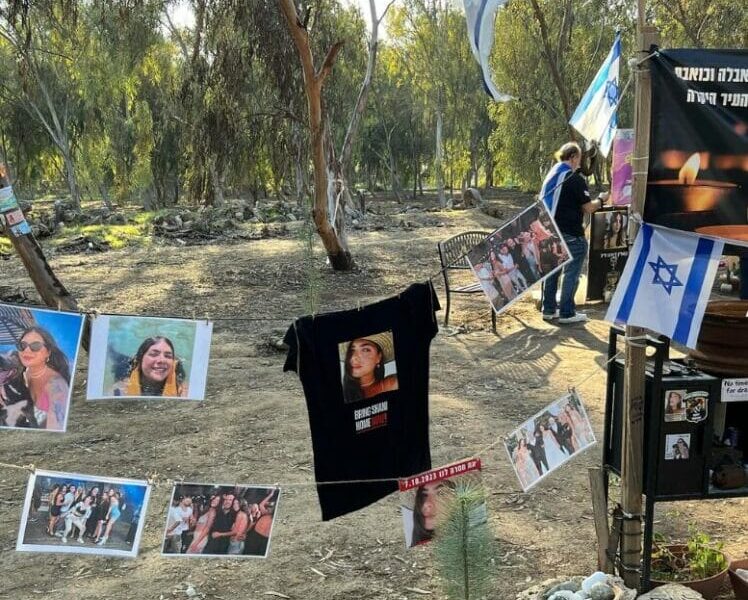For many of us growing up, the Jewish National Fund’s blue tin box was a staple. We’d add our pennies and nickels and when it got close to full, we’d proudly turn it in to a local JNF office. We were helping to buy trees for Israel. Most of us have tree certificates in scrapbooks, given in honor of a milestone or in memory of someone dear to us.
But this is 2014. The needs in Israel have changed, and JNF has been changing with the times. More than 250 million trees have been planted, and you can still donate to purchase trees. But in addition, as the environmental agency for Israel, JNF has brought water to areas where none existed and created infrastructure for communities to help ensure Israel’s future.
Phoenician Marc Kelman is the national assistant vice president for JNF’s Blueprint Negev. In this weighty volunteer position, Marc recently visited Israel on the Housing Development Fund Mission. His report back is exhilarating.
Recognizing that the Negev, the southern portion of the state, comprises 60% of the land but only 8% of the population, JNF has established Blueprint Negev to partner with public and private sectors to encourage settlement of the area. Marc speaks with pride of the River Park Project in Be’er Sheva, the unofficial capital of the Negev. What was once a dry river basin littered with junk is now five miles of parks, bike and walking paths, and an outdoor amphitheatre that can hold 22,000 people.
Another key to drawing residents to the Negev is affordable housing. Housing costs in the major cities in the North have increased annually, and younger families are sometimes priced out of the market, similar to the situation in big cities in the States. JNF has gone in to help with lines of credit to developers of housing as well as to small business owners. “Be’er Sheva wants to increase its tourism, and helping to fund enterprises such as bed and breakfasts and accompanying small businesses is one component in ensuring that success,” says Marc.
Another point of pride for JNF is the grand opening of the Arava Medical Center in Sapir. Prior to its development, the families in the area had to travel at least 80 miles for medical attention. One wing acknowledges the fact that individuals from the Greater Phoenix area contributed $1.5 million to this facility. An additional prominent Phoenix connection is made at Abraham’s Well, a multimillion dollar tourist attraction funded through a bequest by the estate of Howard and May Mann, and facilitated with assistance by attorney David Frazer.
Marc is also excited about the Sderot Indoor Recreation Center, the country’s largest indoor play area; it is located in the town that has been a prime target of the 20,000 rockets fired at the Jewish state since Israel disengaged from the Gaza Strip nearly nine years ago.
The Housing Development Fund has also invested in Kibbutz Yahel, a vibrant agricultural kibbutz with an emphasis on tourism. Nearby is the new Paradiso Arava Mall, covering five acres and adding to the area’s draw for tourists as well as supplying needed local jobs.
So, while JNF still sells trees, it does so much more. Marc sees the organization as a problem solver; they define the problems and set about addressing them. Trees + water = agriculture and sustainability, and housing + recreation = new communities in the South – all of which lead to a stronger, more stable Israeli economy and way of life.
And you can still get a little blue box! Go to jnf.org for your free box and to learn more about all JNF does to strengthen Israel.





